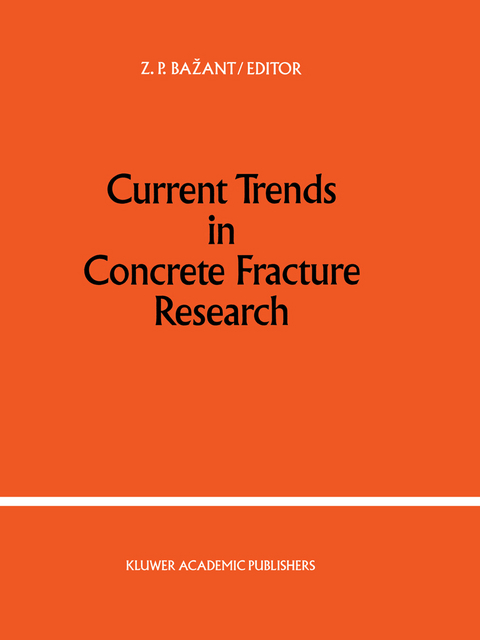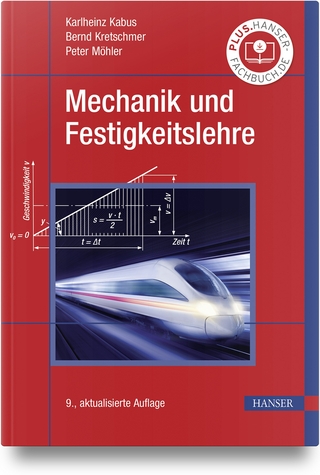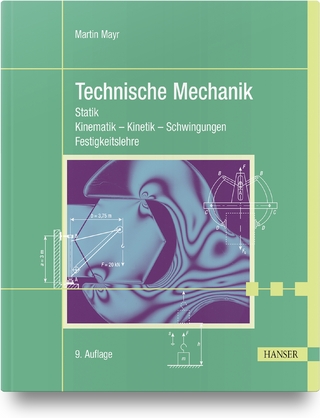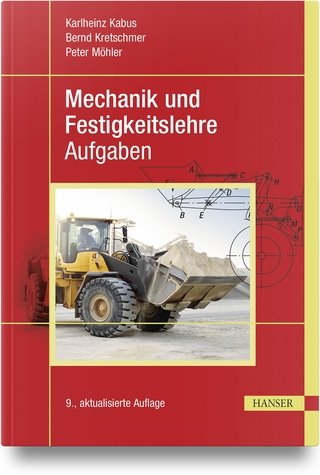
Current Trends in Concrete Fracture Research
Springer (Verlag)
978-0-7923-1366-3 (ISBN)
From time to time the International Journal of Fracture has presented matters thought to be of special interest to its readers. The last special topic review was presented by Drs W.G. Knauss and AJ. Rosakis as Guest Editors in four issues, January-April 1990, under the general title of Non Linear Fracture. It contained sections on damage mechanisms, interfaces and creep, time depen dence, and continuum plasticity insofar as they affect the mechanisms of the fracture process. Continuing this policy, which is consistent with our stated objectives, the two September issues deal with the behavior of concrete and cementious materials during fracture initiation and propagation. We hope that the ensuing state-of-the-art review will yield another instructive and timely product which readers will find useful. To assist us in presenting this subject, we have prevailed upon a well-known international expert in concrete behavior, Dr. Z.P. Bazant, Walter P. Murphy Professor of Civil Engineering, of Northwes tern University to act as Guest Editor. On behalf of the editors and publishers, I wish to thank Professor BaZant and his invited authors for undertaking this special effort. M.L. WILLIAMS Pittsburgh, Pennsylvania Editor-in-Chief September 1991 International Journal of Fracture 51: ix-xv, 1991. Z.P. Bafant (ed.), Current Trends in Concrete Fracture Research.
1. Micromechanics, Microscopic Observations and Rate Effect.- Fracture process zone in cementitious materials.- Observation of fracture process zone by laser speckle technique and governing mechanism in fracture of concrete.- Tensile fracture of concrete at high loading rates taking account of inertia and crack velocity effects.- 2. Numerical Fracture Analysis, Design Codes and Applications.- Smeared and discrete representations of localized fracture.- Code-type formulation of fracture mechanics concepts for concrete.- The collapse of the Schoharie Creek Bridge: a case study in concrete fracture mechanics.- 3. Nonlinear Fracture or Damage Models and Size Effect.- Application of the fictitious crack model to different types of materials.- Features of mechanics of quasi-brittle crack propagation in concrete.- Size dependence of concrete fracture energy determined by RILEM work-of-fracture method.- Nonlinear fracture of cohesive materials.- Size effect and continuous damage in cementitious materials.- Size-scale transition from ductile to brittle failure: structural response vs. crack growth resistance curve.
| Erscheint lt. Verlag | 31.10.1991 |
|---|---|
| Zusatzinfo | XV, 186 p. |
| Verlagsort | Dordrecht |
| Sprache | englisch |
| Maße | 203 x 254 mm |
| Themenwelt | Naturwissenschaften ► Physik / Astronomie ► Mechanik |
| Technik ► Bauwesen | |
| Technik ► Maschinenbau | |
| ISBN-10 | 0-7923-1366-6 / 0792313666 |
| ISBN-13 | 978-0-7923-1366-3 / 9780792313663 |
| Zustand | Neuware |
| Haben Sie eine Frage zum Produkt? |
aus dem Bereich


